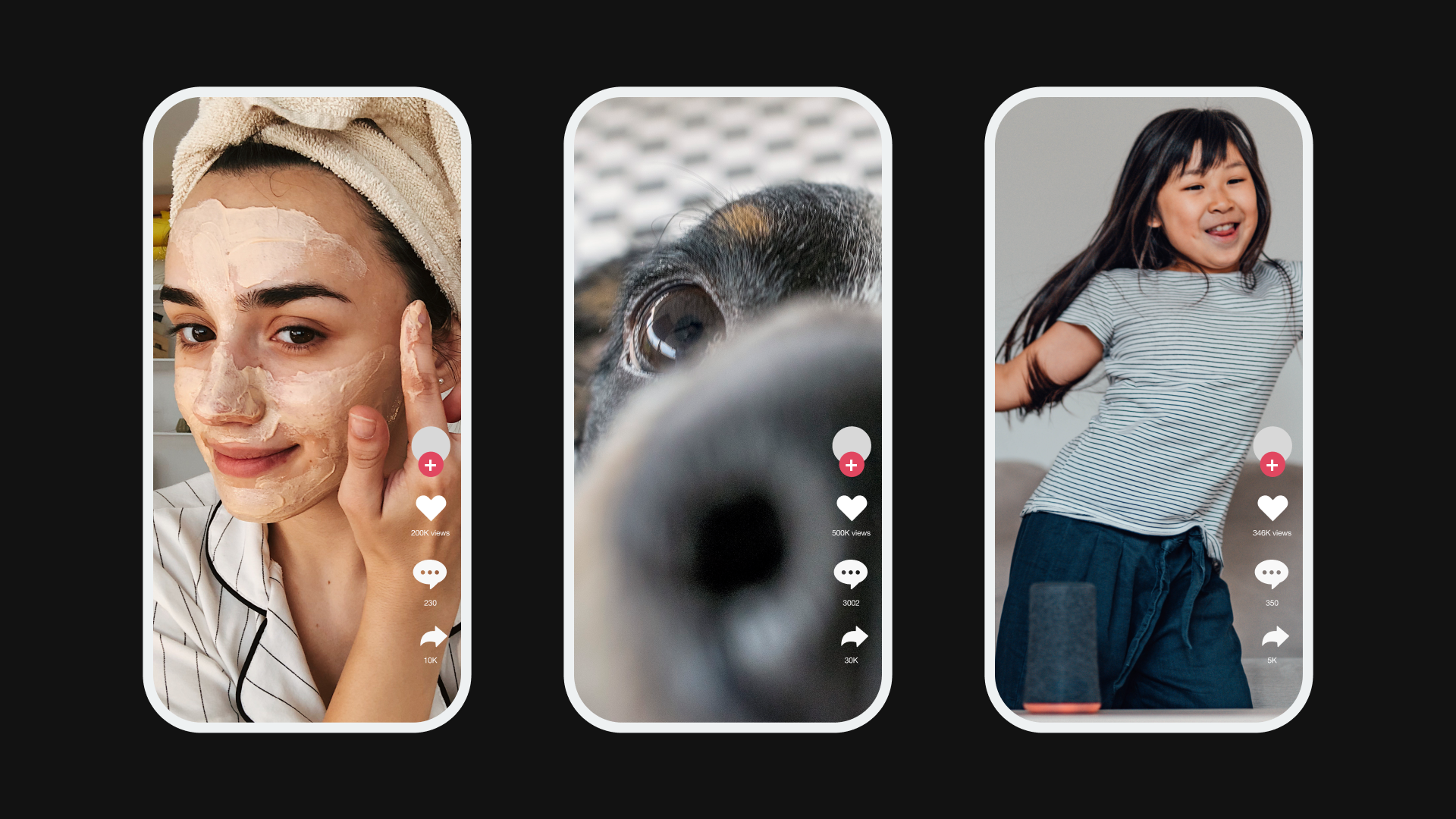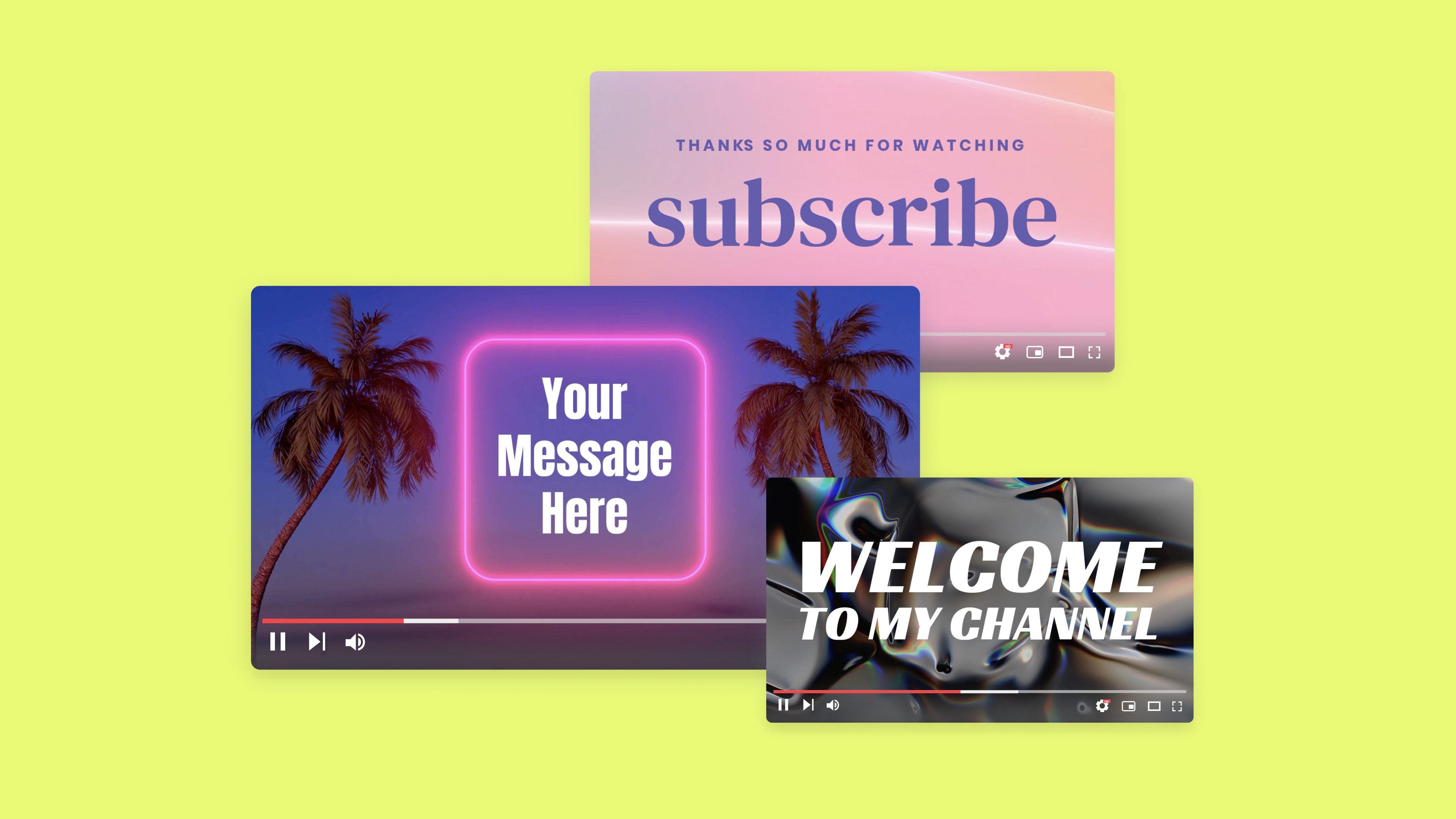Content creators upload millions of videos to popular platforms like YouTube and Vimeo daily. To ensure your content appears prominently in the vast library of online videos and ranks well in search results, you’ll need a way to stand out.
This guide will provide tried-and-true strategies to help you get more views, increase watch time, and entice people to subscribe.
Understanding what counts as a video view
To maximize engagement on your videos, it’s helpful to understand what counts as a “view” on each major platform.
YouTube
Views on YouTube only count after at least 30 seconds of watch time, so the beginning of the video is paramount. The clock starts whenever a user sees your video playing, which could be in a preview, in search results on Google, or from a YouTube creator’s page.
That’s why search engine optimization (SEO) is critical. For video content, a key part of this optimization process is using popular and topic-relevant keywords in your video script and metadata like your video title. That way, search engine algorithms associate your content with those search terms and deliver your results when people use those keywords.
When optimized well, your video will rank higher in search results on Google or YouTube, meaning people will see it first when selecting what to watch. While it’s playing, it builds up watch time. If viewers select it, they’ll only need to spend a short time watching it to fulfill the full 30 seconds you need for a view.
Vimeo
Vimeo counts views every time a user plays a video, regardless of how long they watch — and it counts views on Vimeo or anywhere else you embedded the video. You’ll also get detailed metrics about how many viewers completed your video and the average time they spent watching. These details are necessary when identifying how to optimize your videos for SEO, increase watch time, and drive more subscriptions. Also, if you use Vimeo to host your videos, there are no ads or suggested content that might distract viewers.
Upload your videos to Vimeo →
15 ways to get more views on your videos
Whether you’re making content for YouTube or Vimeo, these strategies can help you get more views on your videos. Some will help with SEO, others will help you keep your audience’s attention after they’ve selected your video — you’ll need both to increase views.
1. Create eye-catching video thumbnails
Your video thumbnails should include relevant graphics, the video title, and a content-dependent hook to draw viewers in. Use a template so your thumbnails are instantly recognizable to anyone scrolling through YouTube or Vimeo. The template should include a font, a background, and a basic layout that you can adapt for each video.
2. Choose engaging titles
Align your video titles with the search terminology people will use to find them, but make sure to keep them under 50 characters so they aren’t truncated in playlists or search results. For example, if this article were a video, it could simply be titled “How to get more video views.” The “how to” is the search intent, while the rest of the title uses a relevant keyphrase. YouTube does not automatically generate video titles and descriptions for you without the help of third-party tools, but Vimeo AI does this if you have an Advanced plan or above.
3. Use end screen cards
At the end of your content, recommend two videos to watch next: one in the same vein as the video and one about an adjacent topic. Viewers will select the first if they want more of the same and the second if they want to change subjects. Either way, you’ll lead them deeper into your library of YouTube or Vimeo videos.
4. Write a script
Resist the temptation to create casual “off-the-cuff” videos. While they can come across as more authentic, you risk rambling and going off-topic. A script helps you keep a tight focus on your video topic and the keywords you want to hit. If you have more casual videos, edit them carefully to keep them on message. Save the improv for live streaming and use something like Vimeo’s one-take video suite of tools to generate a video script, record, and edit quickly.
5. Cover niche topics
Upload videos that cover every subject within your channel’s primary focus. For example, if your YouTube channel is all about mechanical keyboards, your audience would likely engage with videos about KVM switches, stabilizers, and custom keycaps. If you cover these niche topics well enough, viewers will get the impression that you’re a go-to source for everything about a specific subject, making them much more likely to become subscribers.
6. Encourage viewers to subscribe
Both YouTube and Vimeo Streaming offer tools to turn your video content into a revenue-generating business and gain subscribers. At least twice in every video, ask your audience to subscribe to your channel: once near the beginning and once at the end. During the video, add subtle on-screen effects that remind viewers to subscribe. These strategies keep subscription top-of-mind for your audience, so they know what to do when they discover that they enjoy your on-demand streaming and OTT content.
7. Cold open
A cold open skips the preamble and gets straight to the point. It tells the audience you value their time and want to deliver interesting content and answers to their questions immediately, without a boring introduction.
Find a way to mention subscribing somewhere in your opening, but don’t feel the need to do it right away.
8. Mention other creators
Do your research about other creators making videos for the same audience. Allude to them in your videos to show your viewers that you know the current landscape of your content niche. Whenever you mention another YouTube or Vimeo content creator, always do so with positivity and professionalism.
9. Create playlists
Line up videos in playlists where your audience can go to watch everything you’ve created about a specific subject. For example, if you do tech reviews, keep separate showcases for “Gadgets,” “PC Parts,” and “Peripherals.” That way, your audience can simply select a playlist to autoplay through several of your videos.
10. Transcribe your videos
Transcriptions add closed captions to your videos so viewers with hearing impairments can follow along. It’s also a feature that YouTube SEO checks for, so YouTube videos with transcriptions typically rank higher than those without.
The browser-based Vimeo editor includes features that automatically generate a transcript and mark your video with chapters.
Experiment with Vimeo’s free online video maker →
11. Promote on social media
Set yourself up on other social media platforms like Instagram and TikTok to engage a wider audience. Posts across platforms can point back to your YouTube channel or Vimeo creator page, leading to more engagement over time.
12. Avoid creating clickbait
Building a dedicated audience is the key to long-term success. Controversial headlines and misleading thumbnails might catch viewers' attention upfront, but they’ll quickly unsubscribe when they discover you’re using these tactics. Even worse, they might discourage others from viewing your content, or they might promote your competitors.
13. Know the trends
Stay updated on new developments in your niche — you want to position yourself as the best source for fresh takes on trending topics relevant to your channel. Subscribe to news feeds, subreddits, and other YouTube or Vimeo channels to discover new topics as they arise. Then, do your research to ensure you fully grasp what each development means to your target audience.
14. Research keywords and tags
Use a keyword search tool like Semrush, Ahrefs, or Google Trends to discover keywords relevant to your video topics. Use those keywords in your title and thumbnail and include them in video scripts to maximize your SEO efforts. Additionally, include any relevant hashtags, category tags, and any other available tags that are relevant to your video. This can help improve your video surfacing in category pages.
15. Bring in guests
When someone notices a name or face they recognize in your title or thumbnail, they’re more likely to watch the video. Find guests with a significant audience and invite them to appear in a video. For example, if your channel is all about movie reviews, invite an actor, director, or composer to appear and talk about a new movie or just to discuss their take on an industry-specific topic.
Generate more views for sustainable channel growth
Building a successful YouTube or Vimeo strategy takes time and consistency. You’ll need to employ multiple best practices in every video to gradually build a community of dedicated subscribers.
Having the right data to inform your decision-making is critical. That’s why Vimeo’s analytics surface a wide variety of data points, from watch time to impressions and views. With all this information at your fingertips, you’ll have the information you need to make data-driven decisions about which videos to upload and how to market them.
Upload a video to Vimeo →
Upload, edit, and share your videos – no ads allowed
Easily upload, create, or record videos, regardless of your experience. Then quickly edit and share them exactly how you want.




